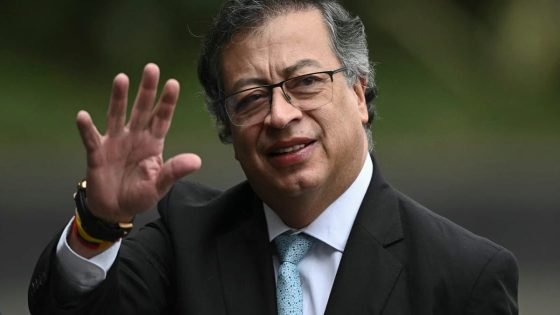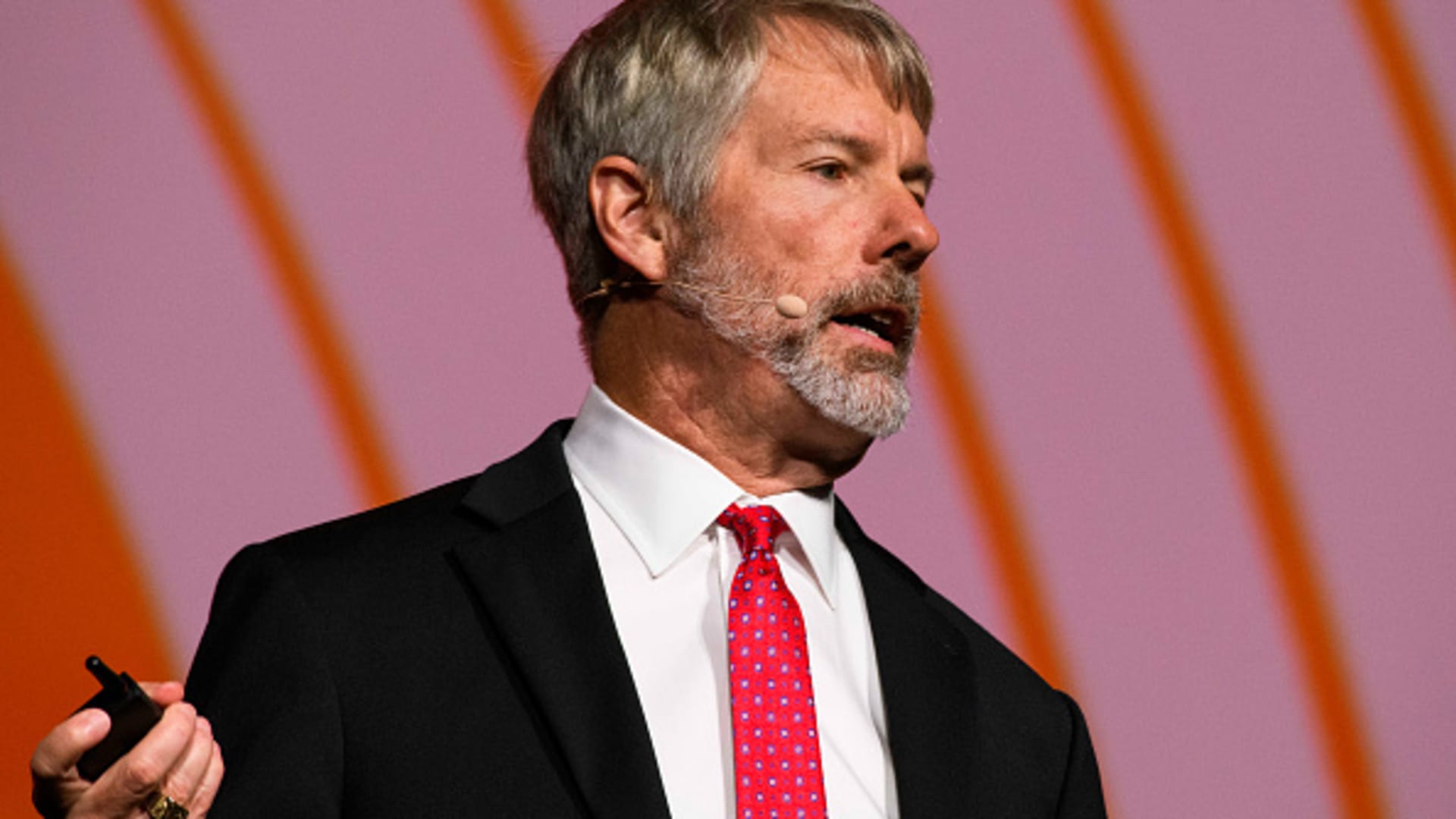Colombian President Gustavo Petro stated that cocaine is not worse than whiskey and suggested that legalizing the drug could help dismantle the global cocaine industry. This comment was made during a discussion on drug trafficking and its implications for peace, emphasizing that legalization could lead to a market similar to that of wine.
- Cocaine legalization could dismantle drug trafficking.
- Fentanyl crisis not linked to Colombia.
- Petro criticizes North American pharmaceutical companies.
- U.S.-Colombia tensions over migrant policies.
- Record cocaine production in Colombia in 2023.
On February 6, 2025, Petro highlighted the dangers of fentanyl, noting it is not produced in Colombia but is responsible for significant deaths in the united states. His remarks come amid tensions with U.S. President Donald Trump regarding immigration policies and trade relations.
President Gustavo Petro’s comments reflect ongoing debates about drug policy and public health. He argued that if cocaine were legalized globally, it could be sold similarly to alcohol, potentially reducing violence associated with drug trafficking. This perspective challenges traditional views on narcotics and suggests a shift towards regulation rather than prohibition.
Cocaine production has surged significantly in Colombia. The United Nations Office on Drugs and Crime reported a 53 percent increase in potential cocaine production in 2023 compared to previous years, totaling more than 2,600 tons. Key statistics include:
- Increase of cocaine production by 53% from prior year.
- Total estimated production exceeding 2,600 tons.
- Petro’s emphasis on addressing domestic issues like fentanyl addiction.
Petro’s statements also highlight his administration’s complex relationship with the U.S., particularly under President Trump’s leadership. Tensions arose when Colombia initially refused American military planes carrying migrants, leading to threats of tariffs from the U.S. government aimed at Colombian exports. This situation underscores broader geopolitical dynamics affecting both nations’ approaches to drugs and immigration policy.
The dialogue initiated by President Petro raises critical questions about how society addresses substance use disorders while balancing economic interests tied to illegal drug markets. As these discussions evolve, they may shape international perspectives on both legal frameworks and public health strategies concerning drugs like cocaine and fentanyl.







![[VIDEO] Lepas staf Puspakom, anggota JPJ pula kena tumbuk lelaki di Kuantan](https://news.faharas.net/wp-content/uploads/2025/01/Shocking-Incident-JPJ-Officer-Assaulted-by-Man-in-Kuantan-560x315.png)
























